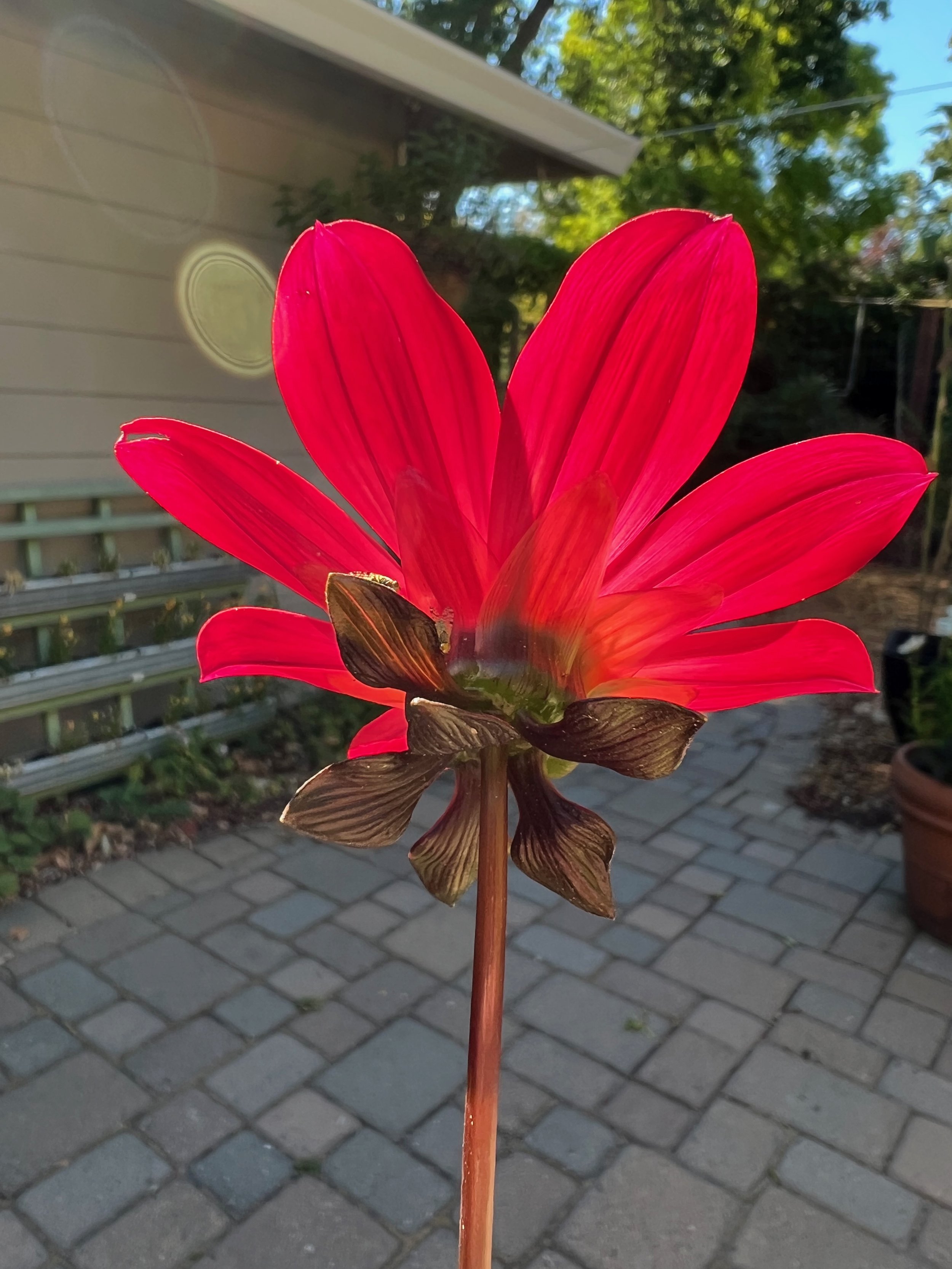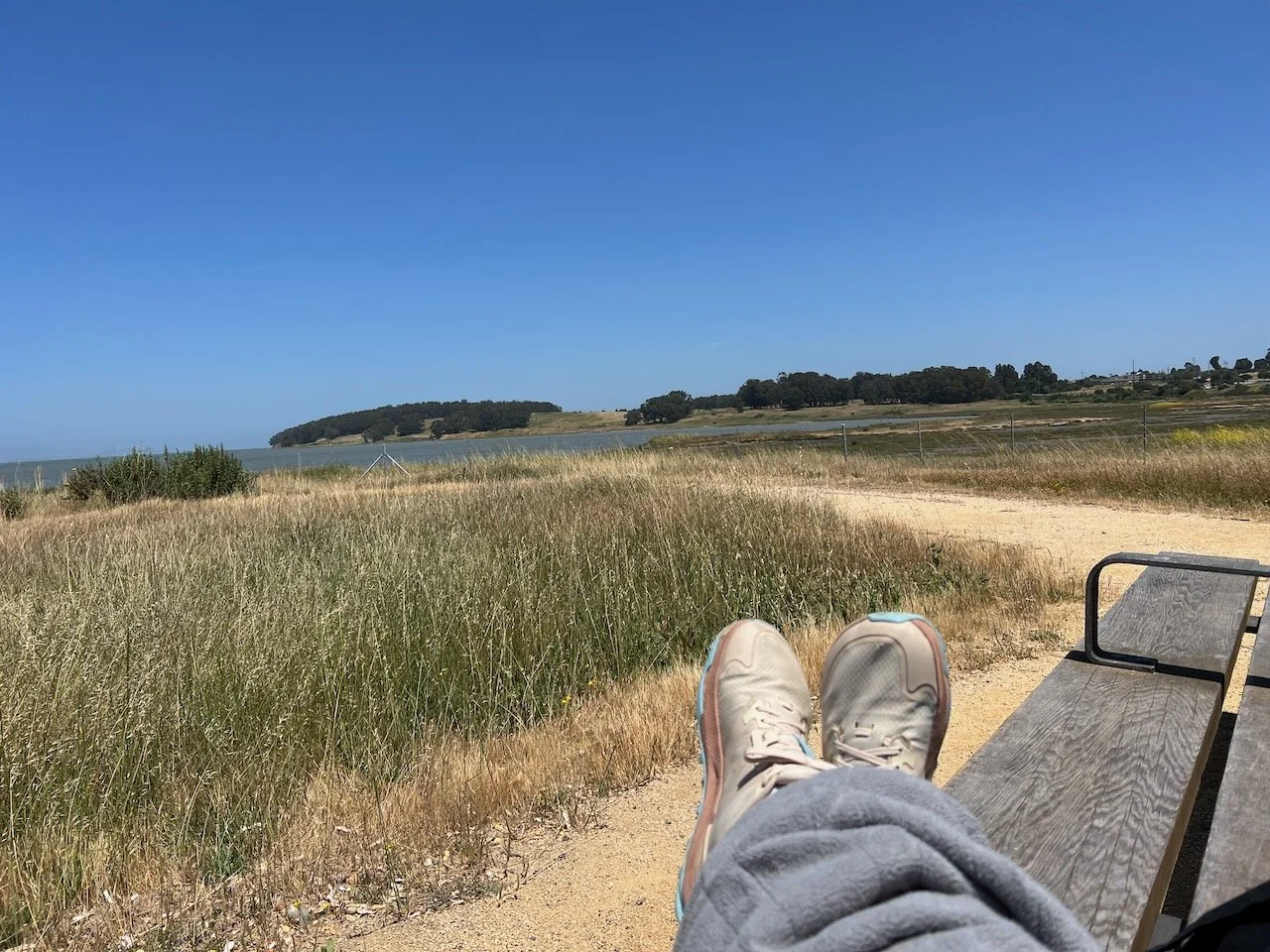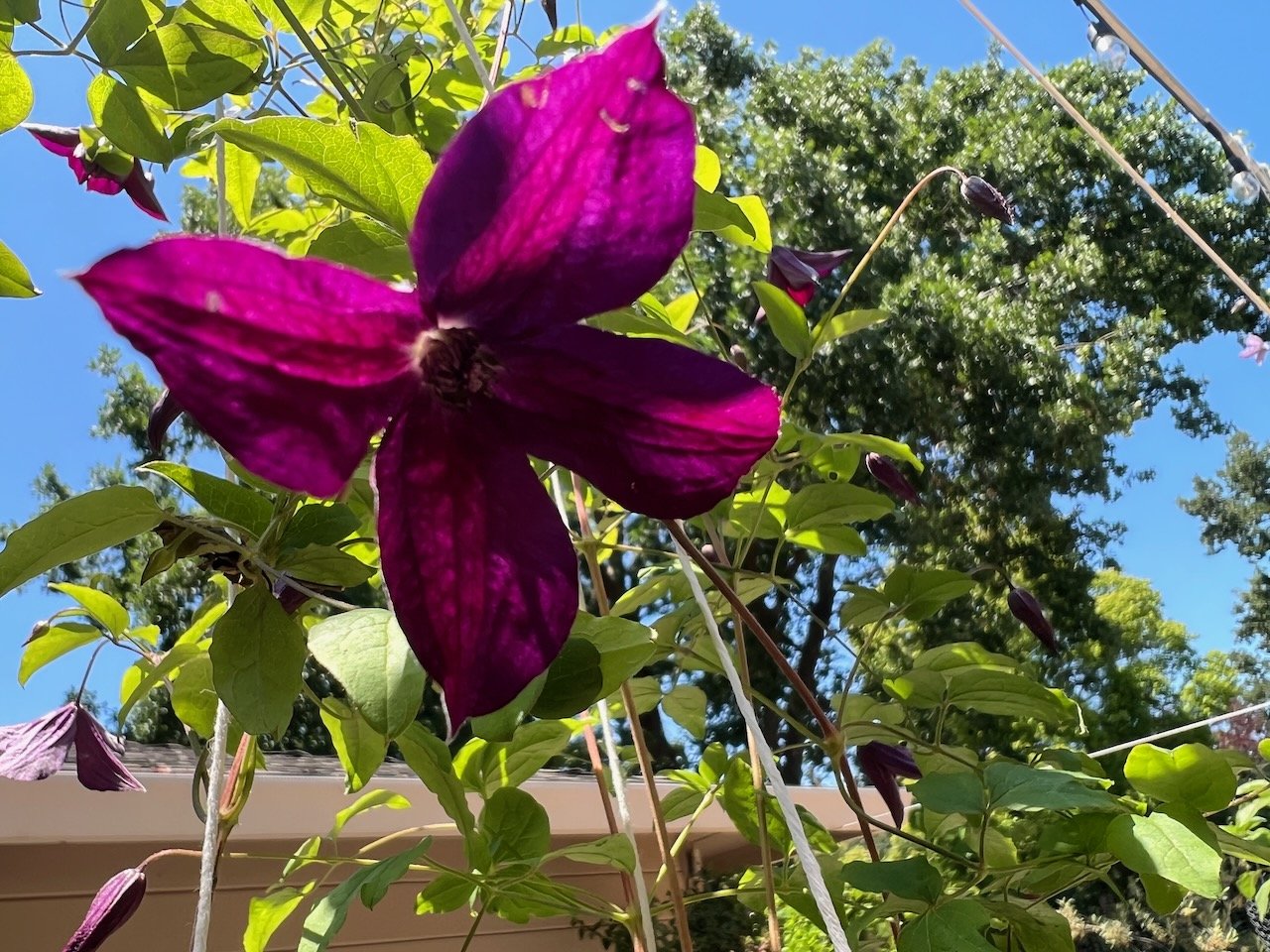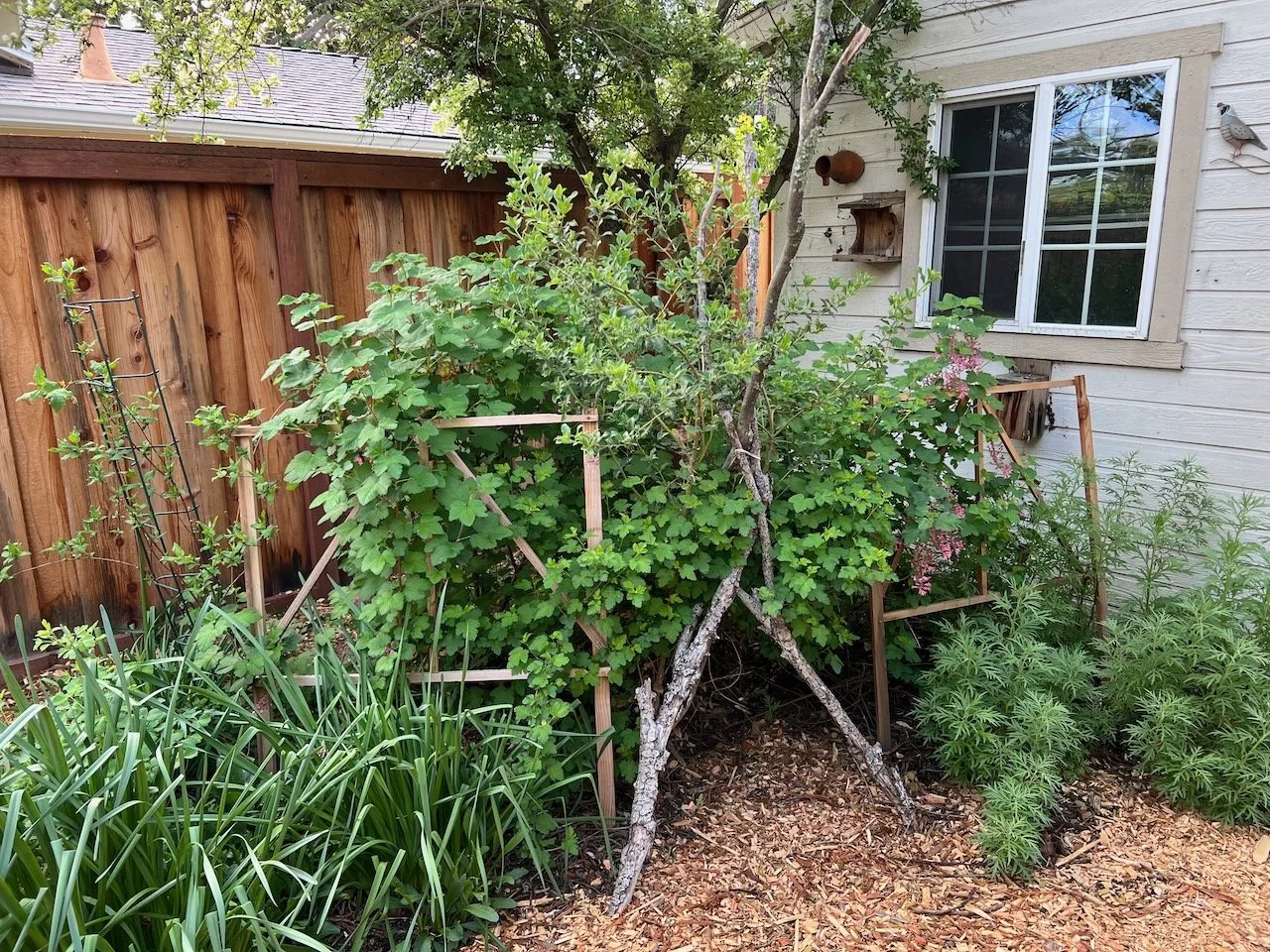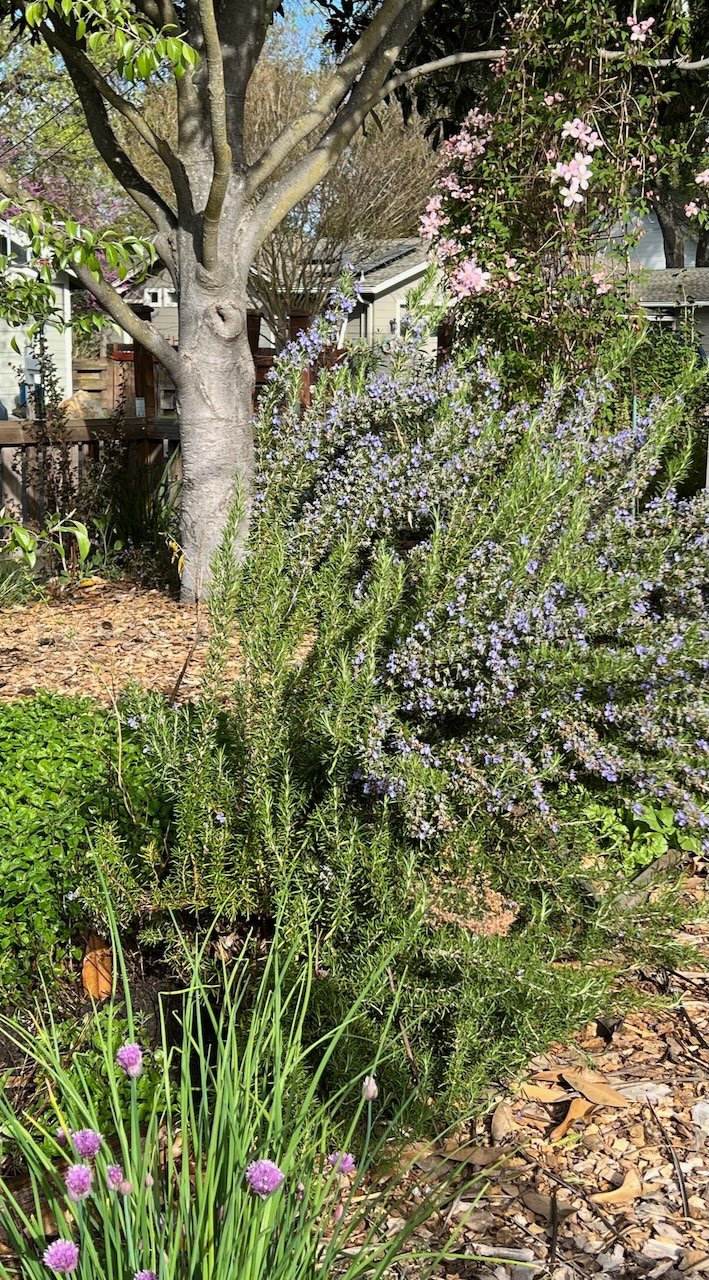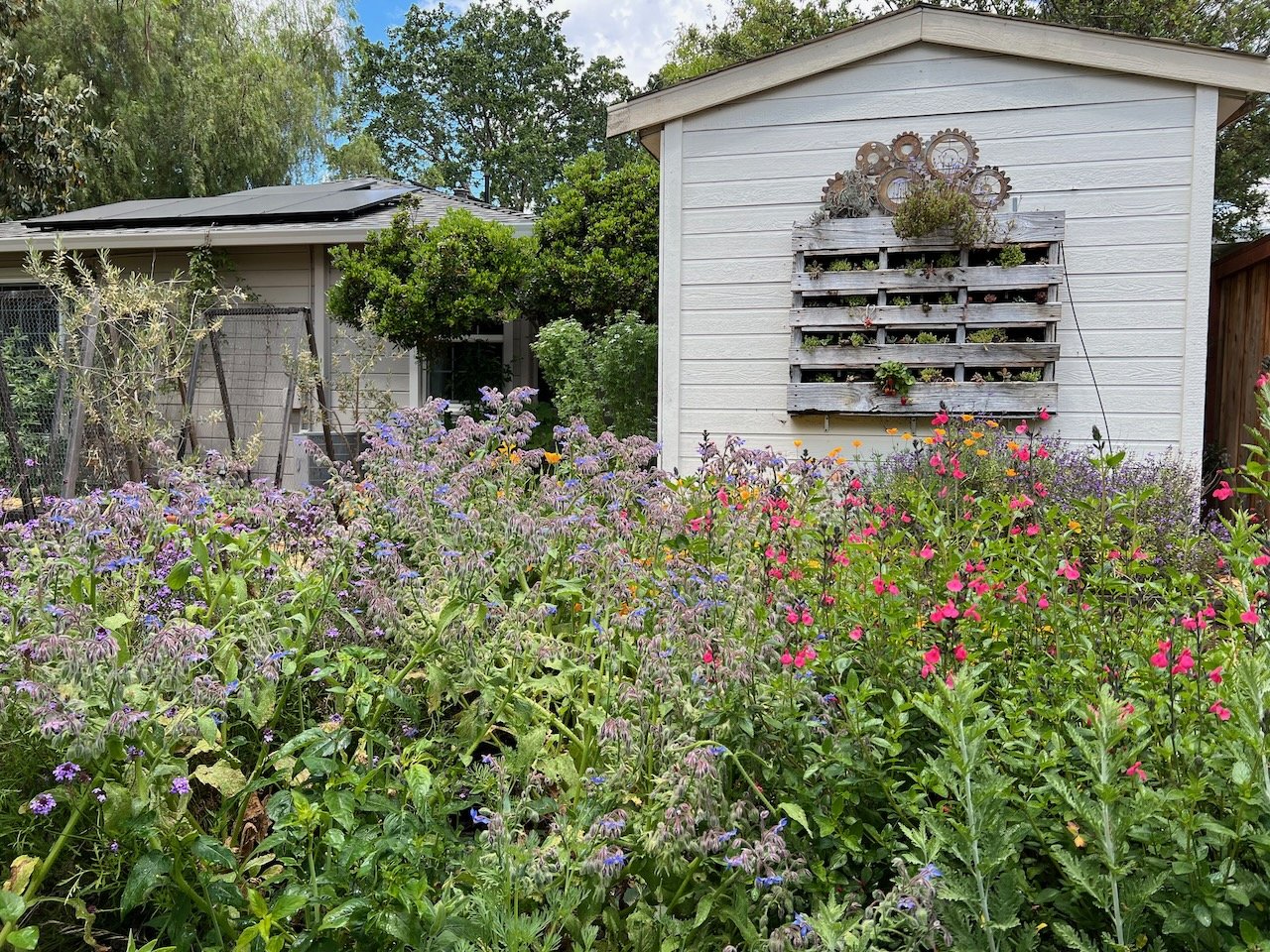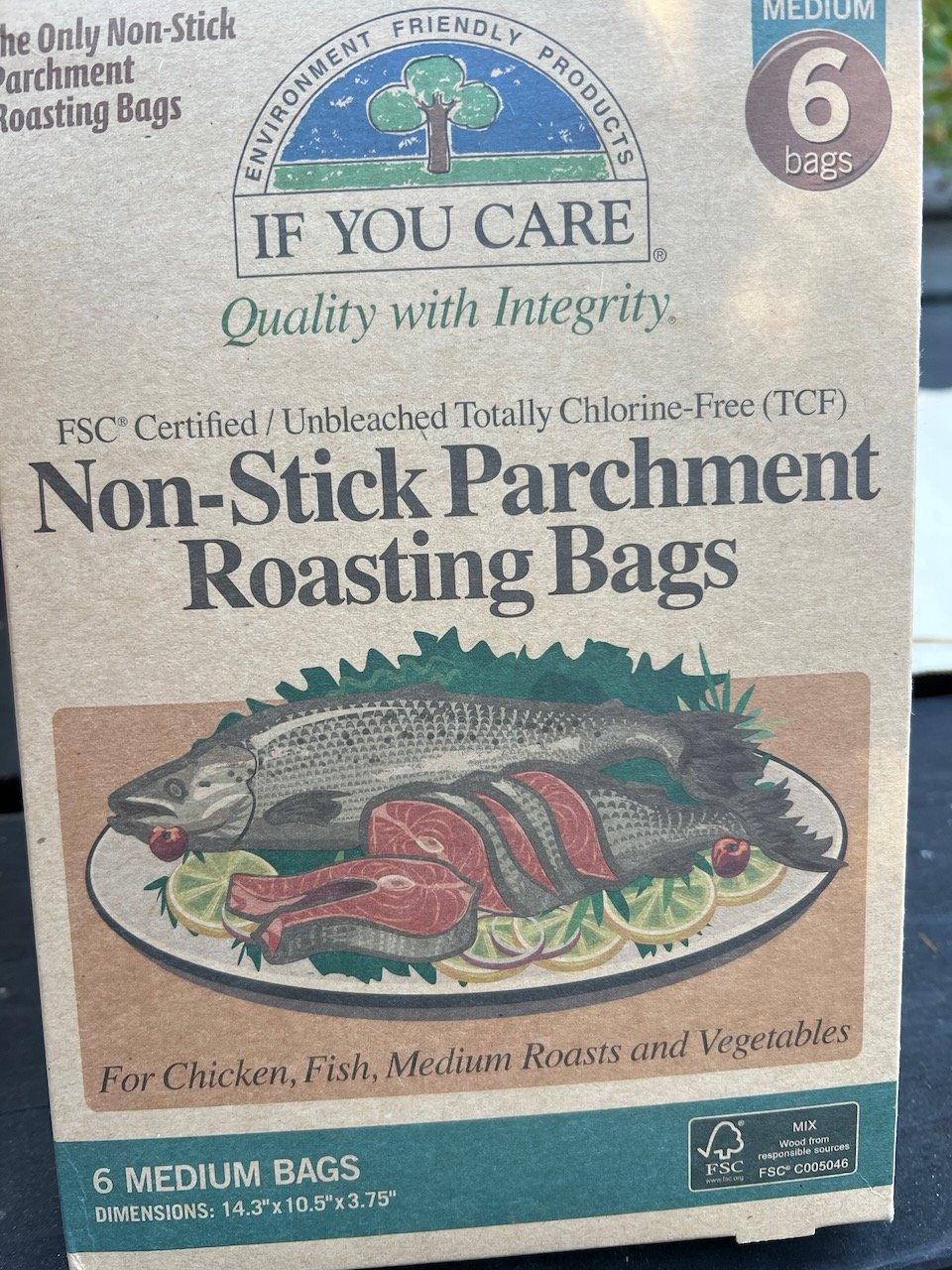*At least, at the moment.
People ask me what my favorite flower is all the time, and my answer tends to change depending on the season or month. November is for saffron crocus, for example, while December is for narcissus, January for manzanita, and February for ceanothus. It gets harder to just pick one in the months of March through October. When California poppies are blooming, they’re all I want to look at. When sunflowers are tall and broad and proudly enormous, I’m smitten. It’s like this with every flower; it’s hard to choose just one.
But right now - oh, right now - my favorite has to be the dahlia.
Particularly the dark-foliaged dahlias. There’s been an explosion of new dark-leaved varieties in the past few years, and I just think they are so striking. There’s the Happy Single series, and the Mystic series, as well as some old-fashioned varieties that have dark foliage. Frankly, I want to plant every single one.
But only the single-flowered ones, please. The single flowered varieties are best for pollinators. All those double blooms, and cactus blooms, and pom-pom dahlias - those have all sacrificed, in the hybridization process, nectar and pollen for extra petals. I don’t want extra petals; I want the insects to be able to use the flowers. Frankly I don’t want any flowers in my garden that can’t be used as food for something.
Dahlias are tubers, and here in coastal (ish) California, we can leave them in the ground all winter; in colder climes, the tubers need to be dug up each winter and stored in a cool dry place, and replanted in spring. They hail from Mexico and Central America originally, and that tells you something about the growing conditions they prefer: Dahlias like full sun, and a good amount of water. I find I sometimes have to give them supplemental water when it’s over 100 degrees. In that respect, they are not a terribly good choice for arid California, so lately I’ve been growing them more in pots, where I can baby them a little.
These flowers give me so much pleasure, I can’t imagine summer without them.




